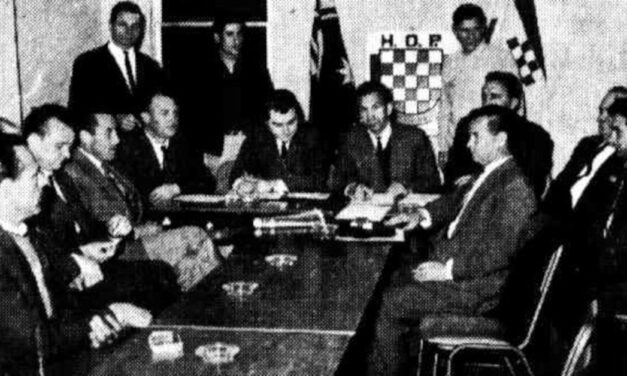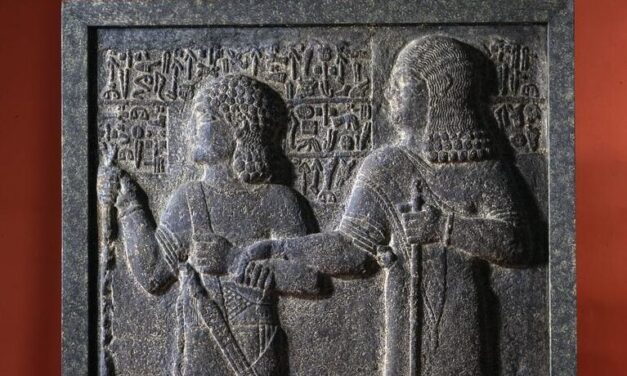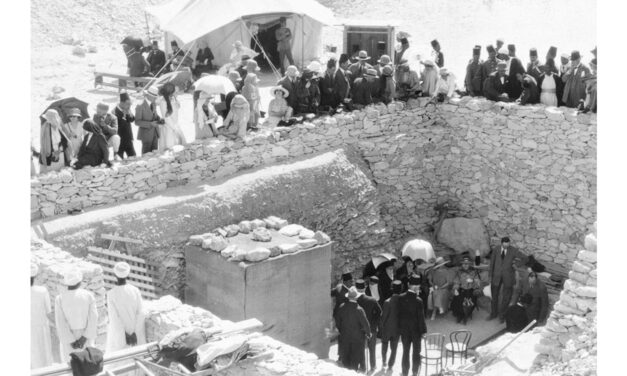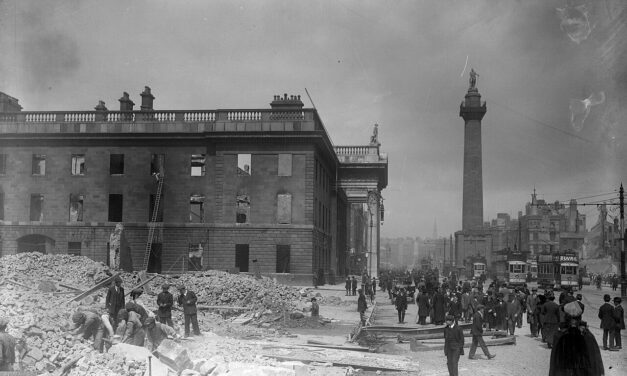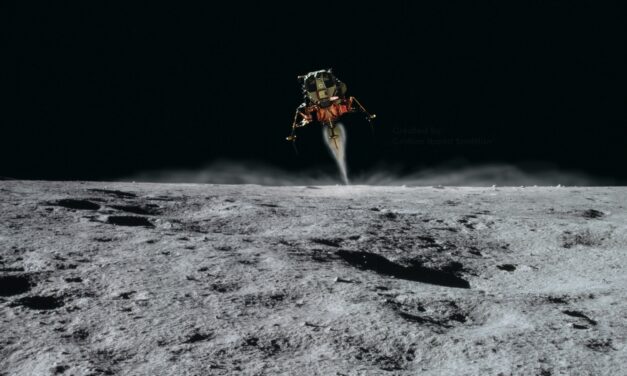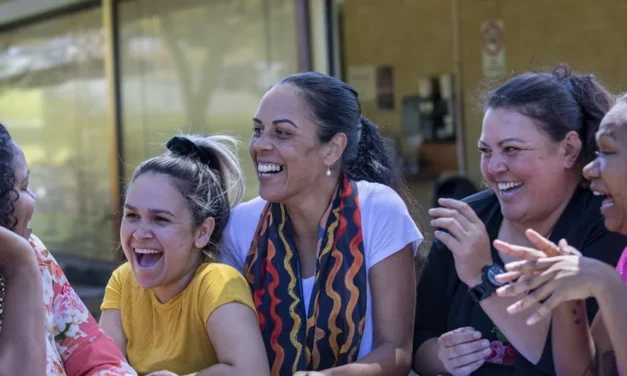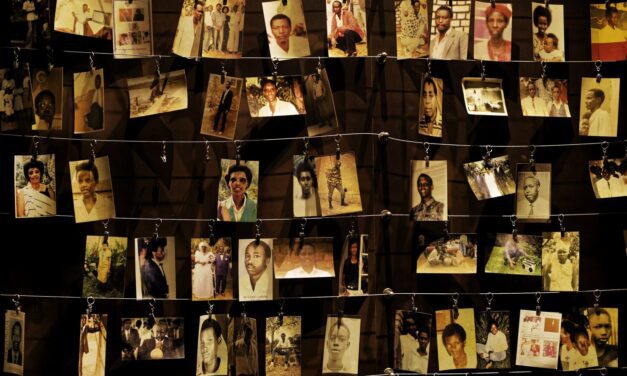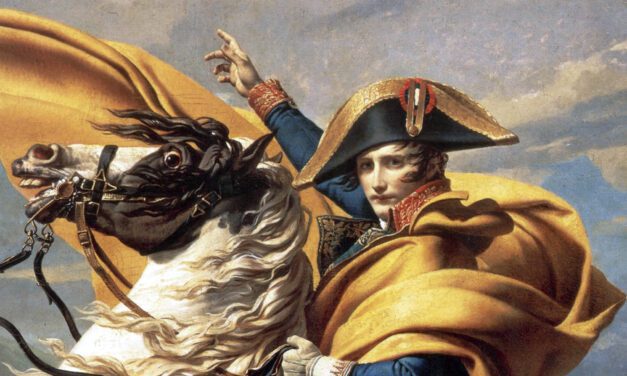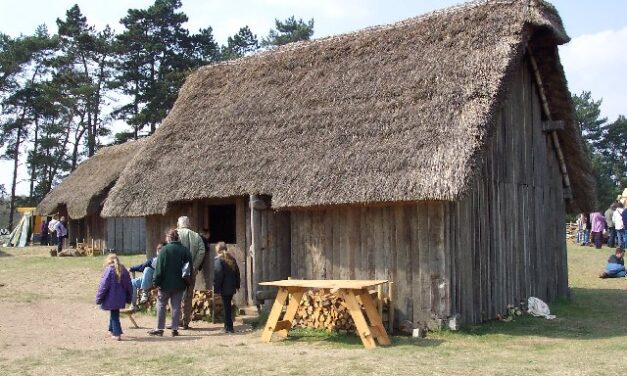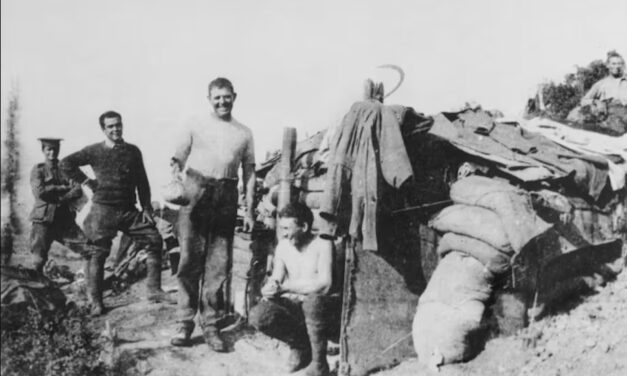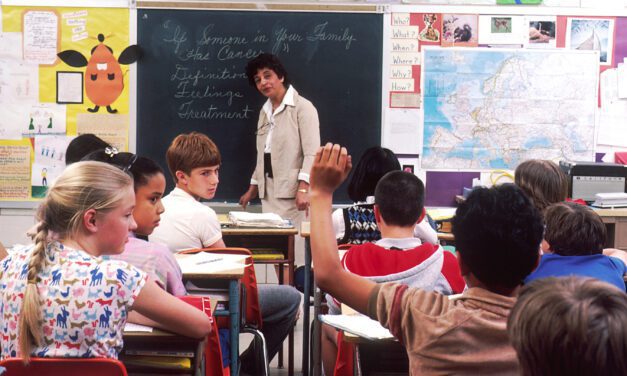Ustaše in Australia: the “Citadel” of a Fascist Legacy
Reading time: 14 minutes
Between 1947 and 1952, for 170,000 non-Jewish “displaced persons,” Australia offered a chance to exit the dark, harrowing night of World War II in Europe. Many of these were hungry, traumatised, seeking peace and shelter, a place to work and rebuild. But with them came the kind of settlers which populate nightmares: war criminals, outright fascists, and aiders and abettors of the Nazi regime and its puppets in Eastern Europe.

